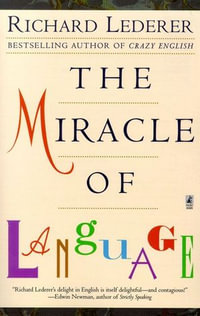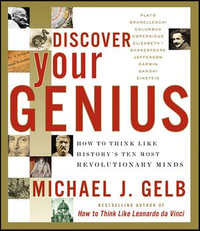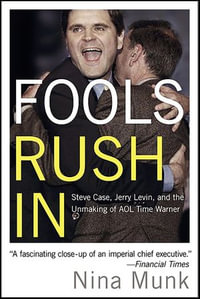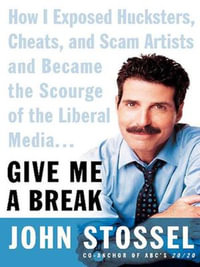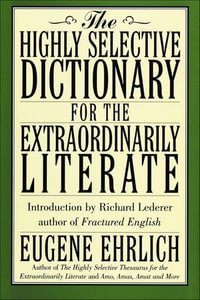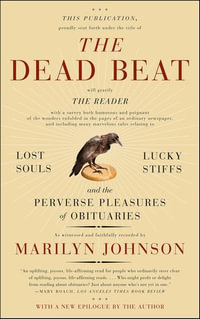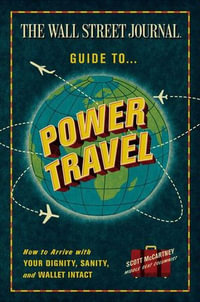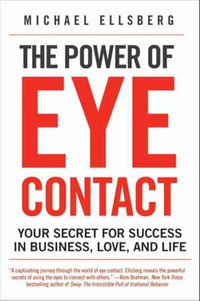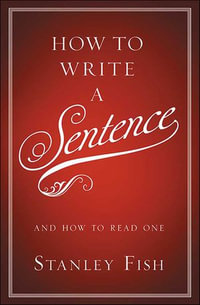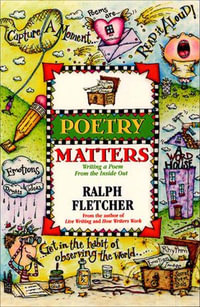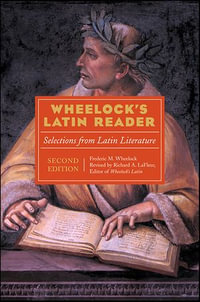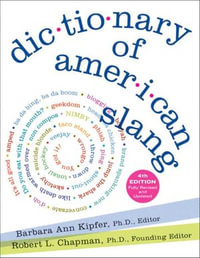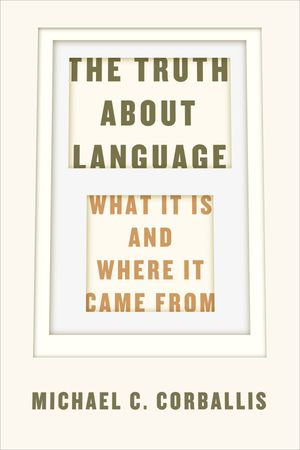
eTEXT
The Truth about Language
What It Is and Where It Came From
eText | 29 March 2017 | Edition Number 1
At a Glance
eText
$55.31
or
OR
Free with Kobo Plus Read
Start Free Trial *- Subscribe and read all you want.
- $13.99 a month after free trial. Cancel Anytime. Learn more.
Instant online reading in your Booktopia eTextbook Library *
Read online on
Desktop
Tablet
Mobile
Not downloadable to your eReader or an app
Why choose an eTextbook?
Instant Access *
Purchase and read your book immediately
Read Aloud
Listen and follow along as Bookshelf reads to you
Study Tools
Built-in study tools like highlights and more
* eTextbooks are not downloadable to your eReader or an app and can be accessed via web browsers only. You must be connected to the internet and have no technical issues with your device or browser that could prevent the eTextbook from operating.
ISBN: 9780226287225
ISBN-10: 022628722X
Published: 29th March 2017
Format: ePUB
Language: English
Publisher: University of Chicago Press
Edition Number: 1
You Can Find This eBook In
This product is categorised by
- Non-FictionLanguage & LinguisticsLinguistics
- Non-FictionScienceBiology, Life SciencesLife Sciences in GeneralEvolution
- Non-FictionPsychologyCognition & Cognitive Psychology
- Non-FictionLanguage & LinguisticsReference, Dictionaries & Guides
- Non-FictionPsychologyPsychological Theory, Systems, Schools of Thought & ViewpointsCognitivism, Cognitive Theory

